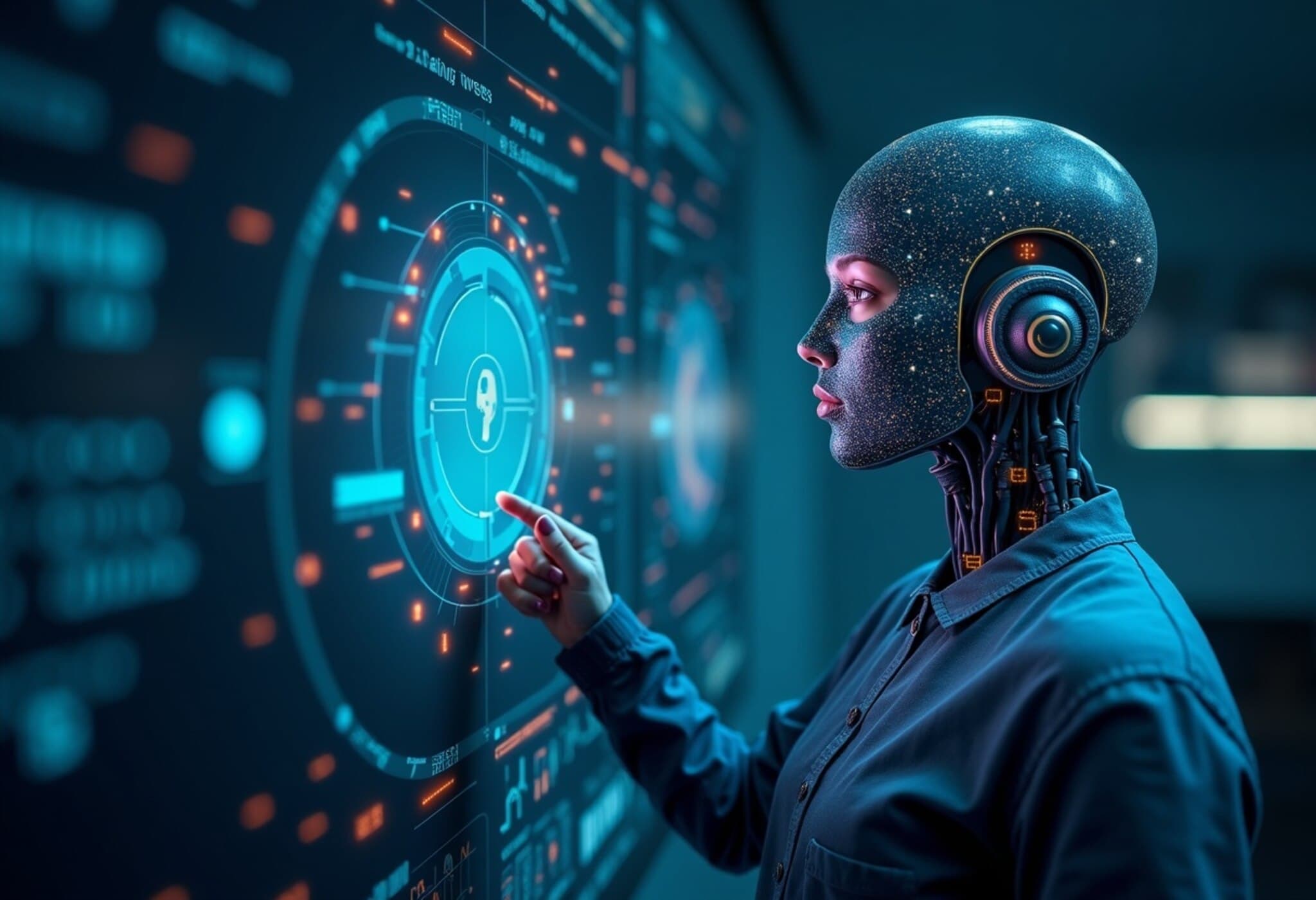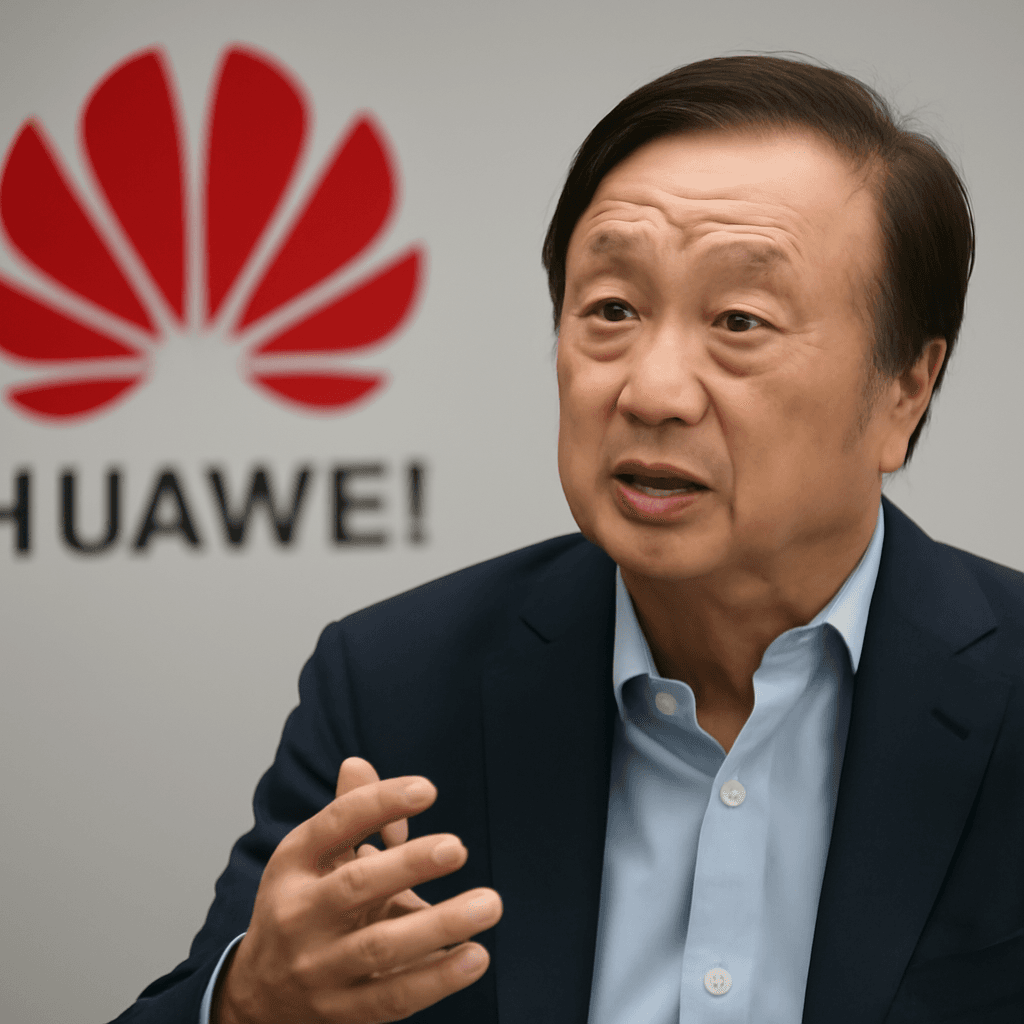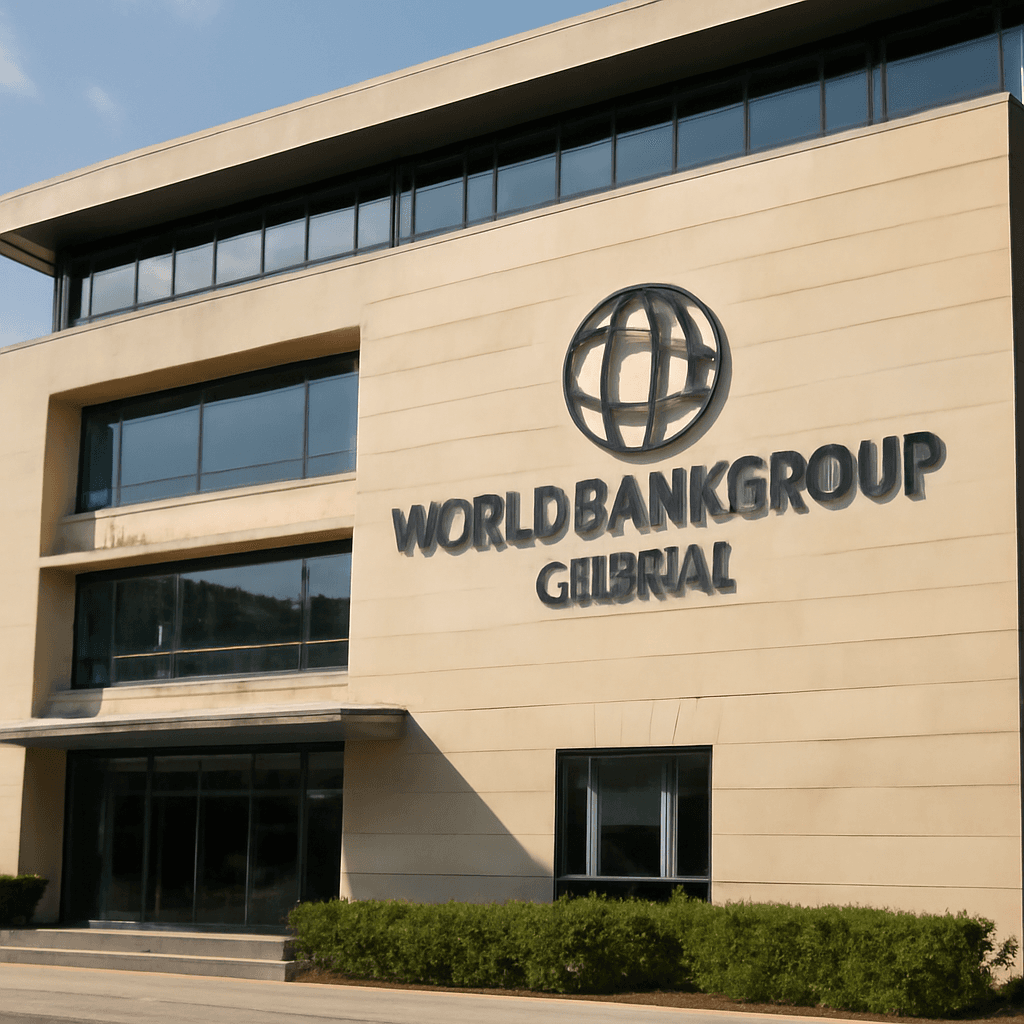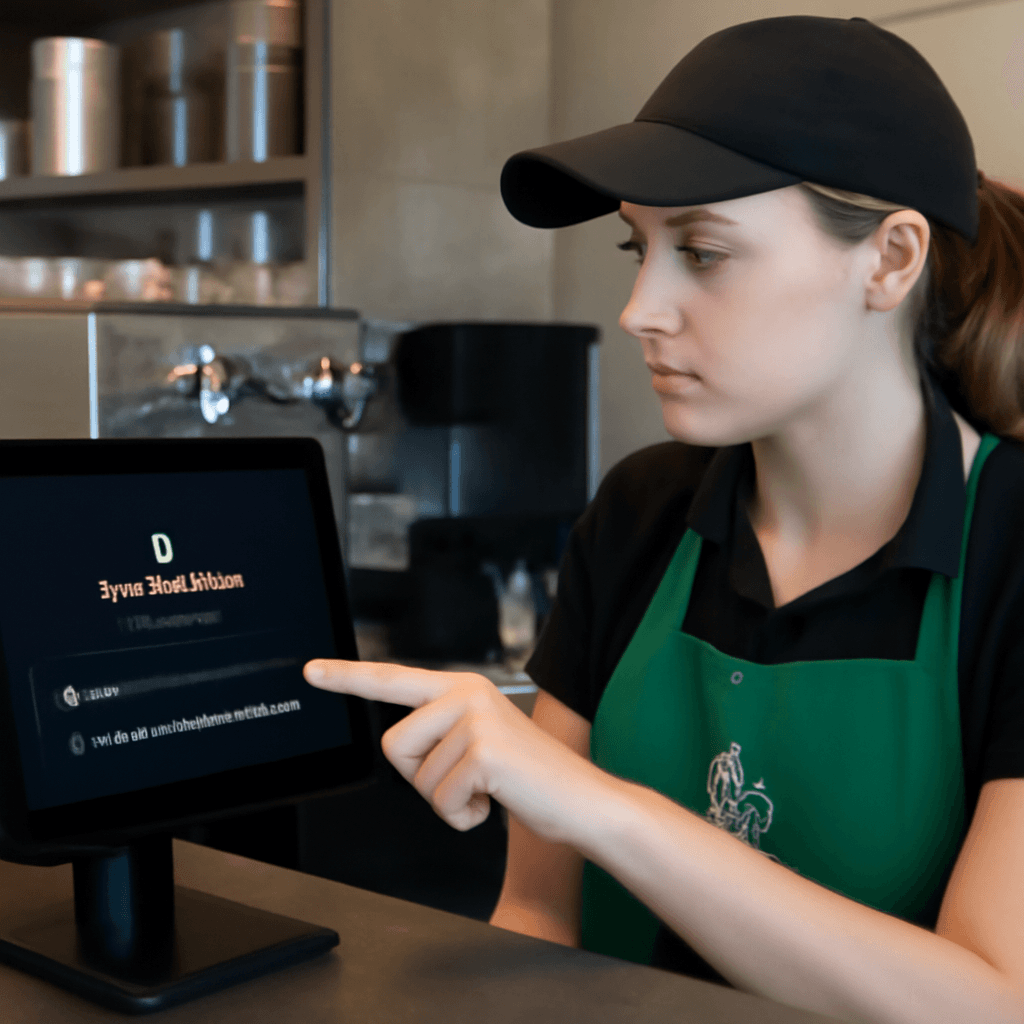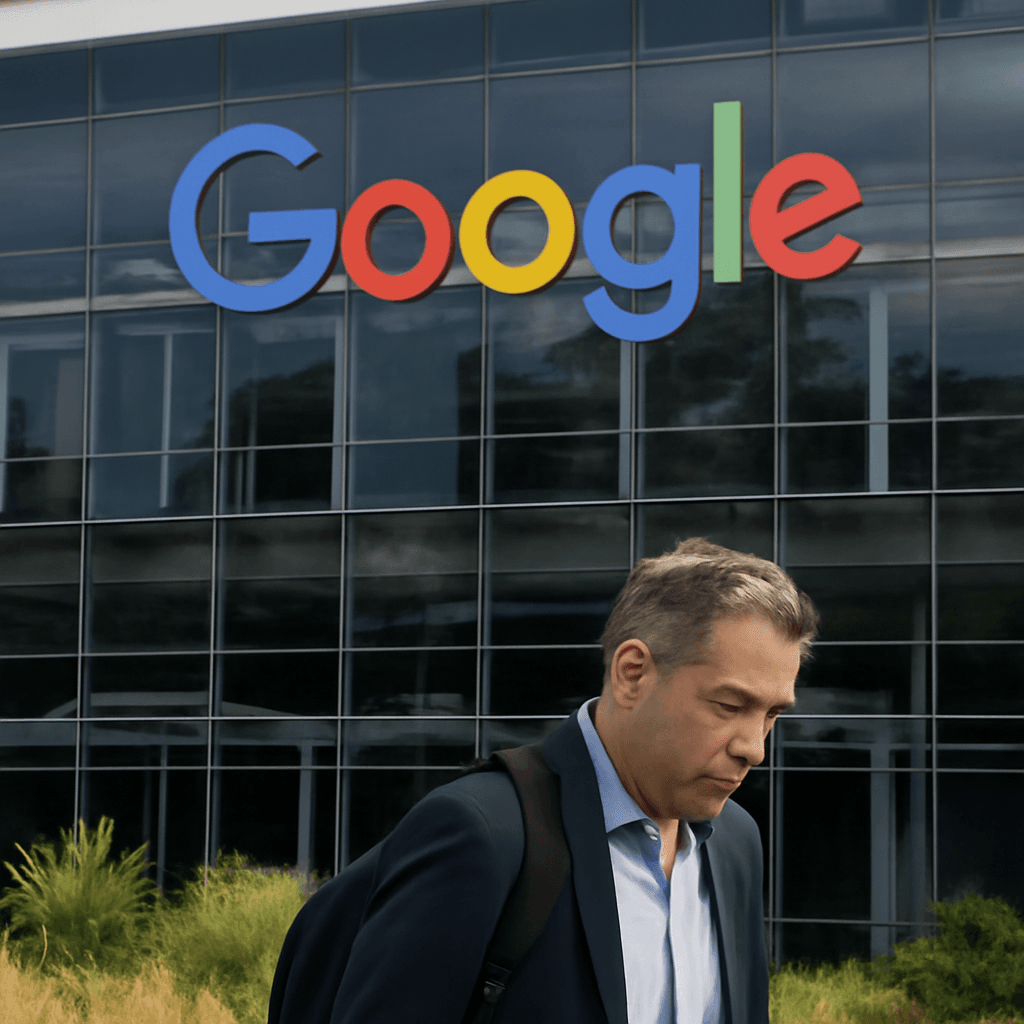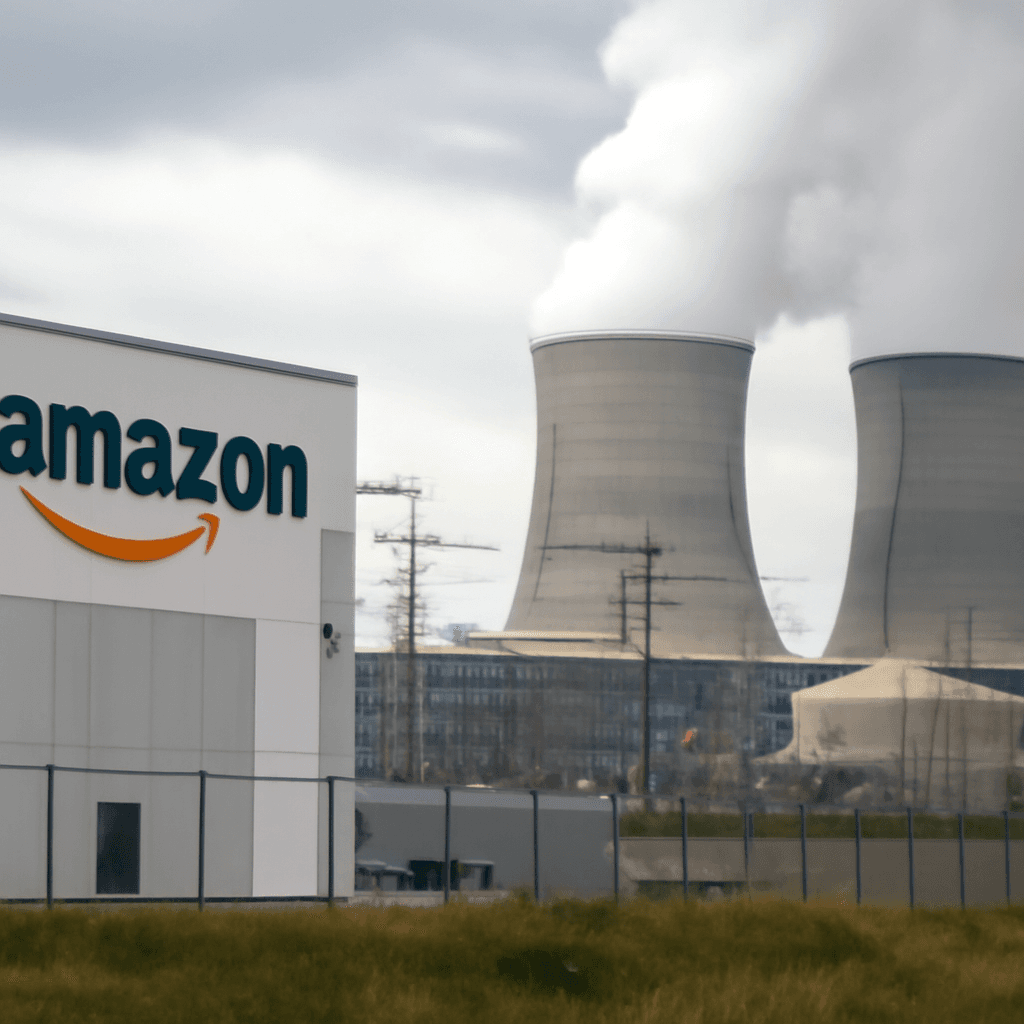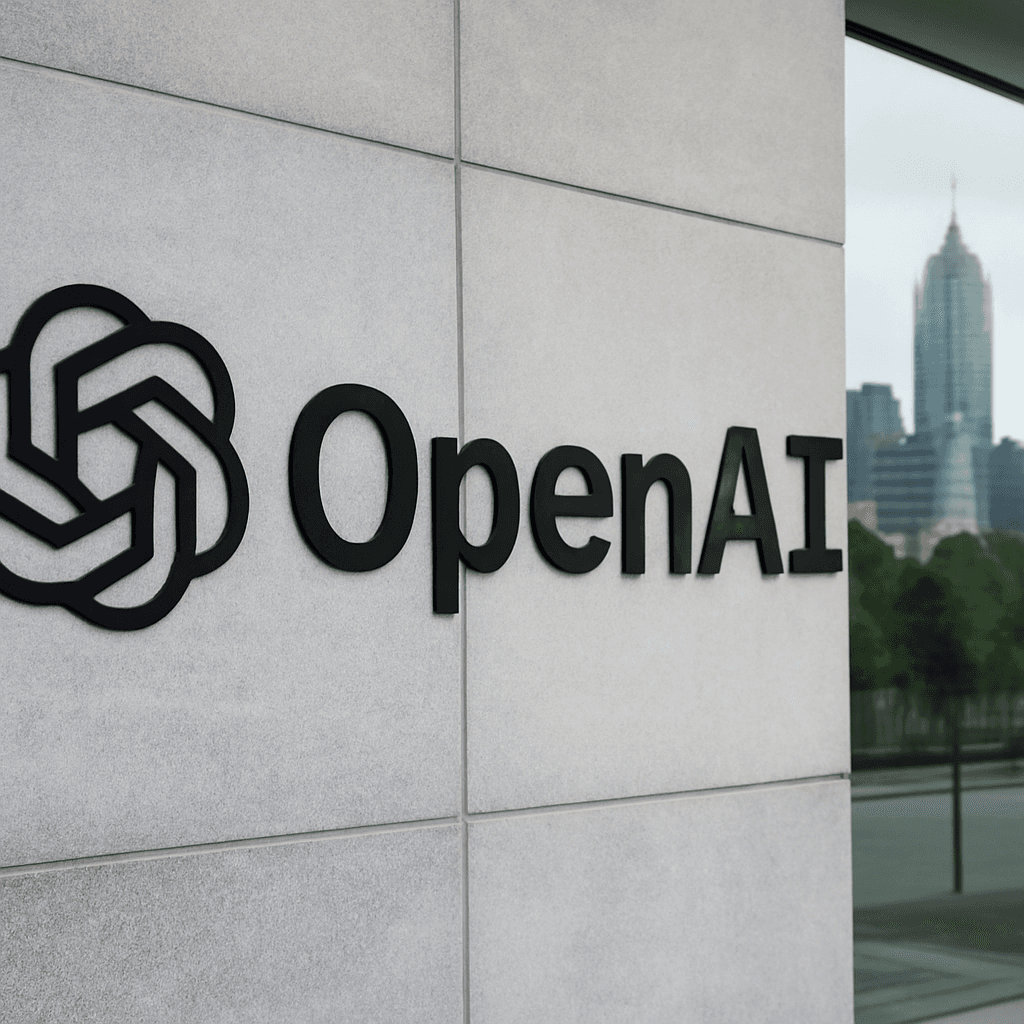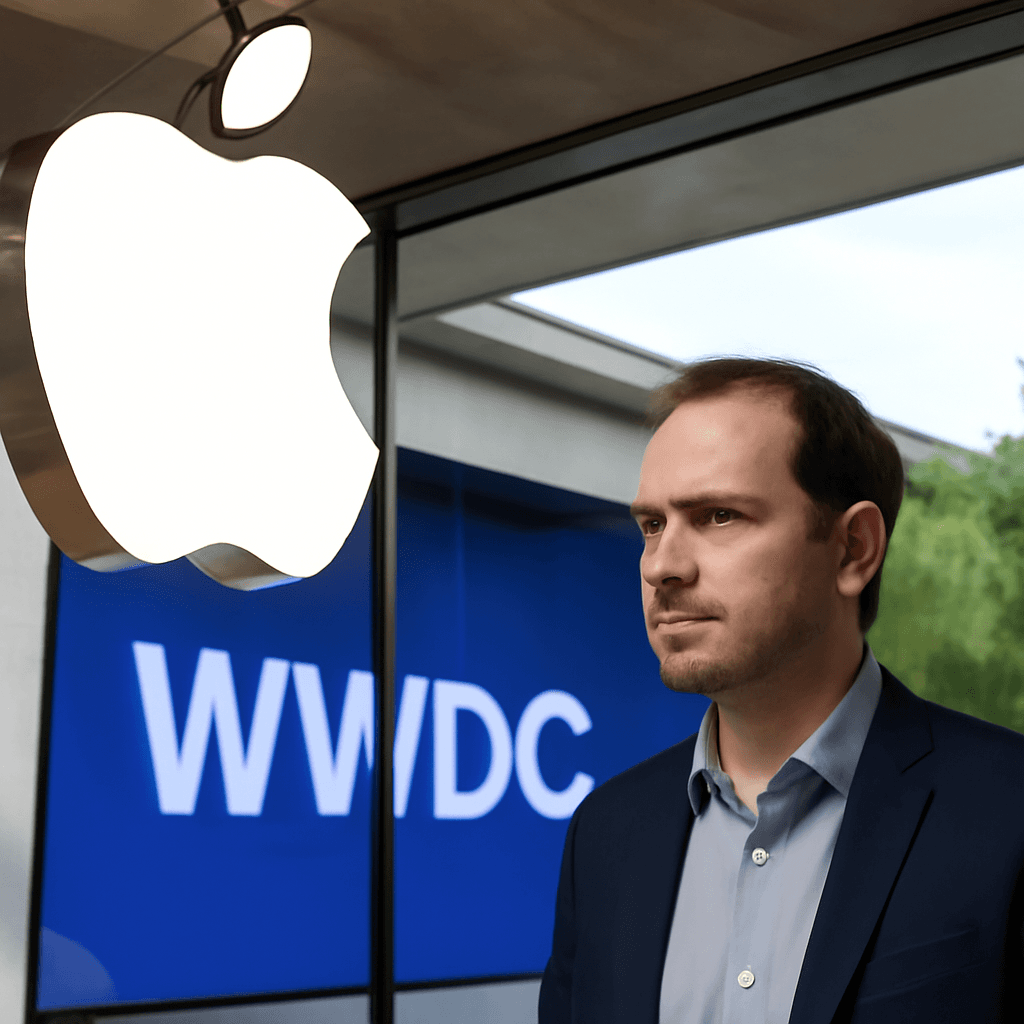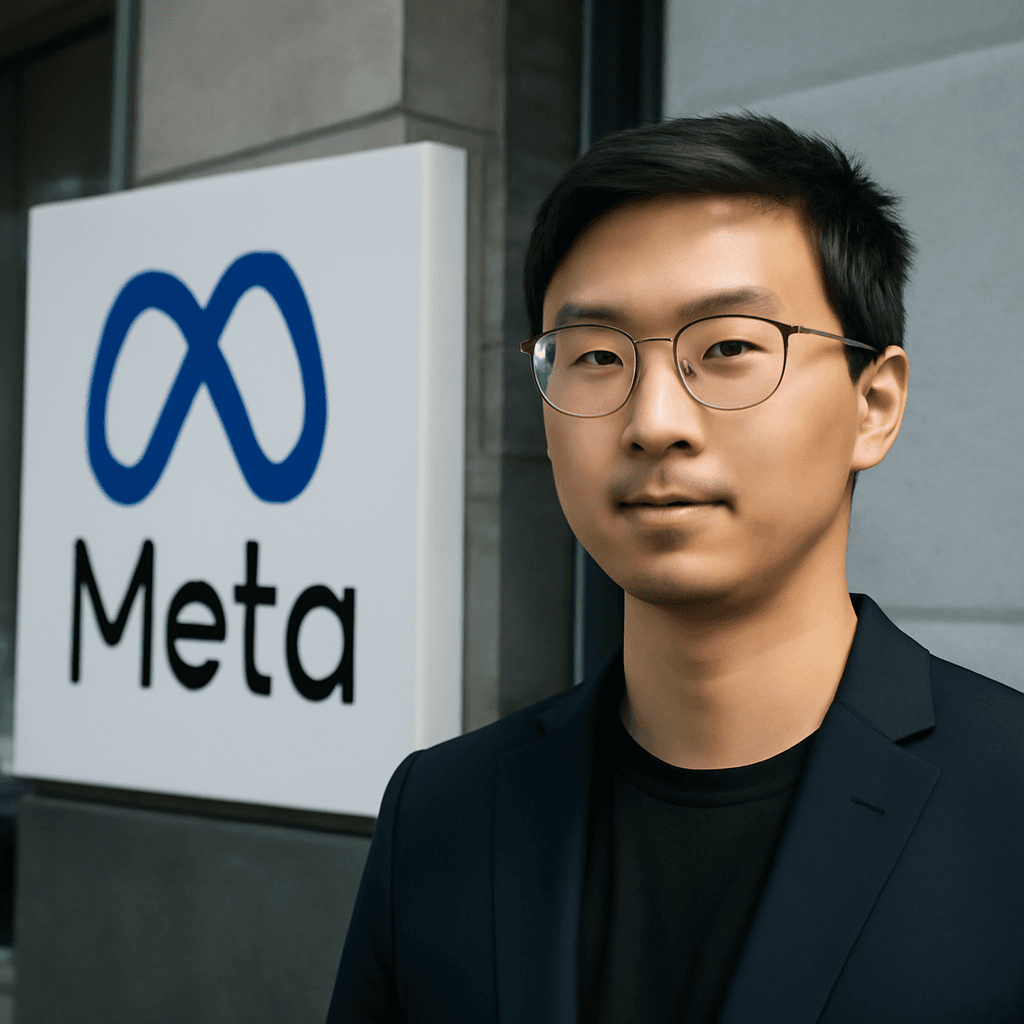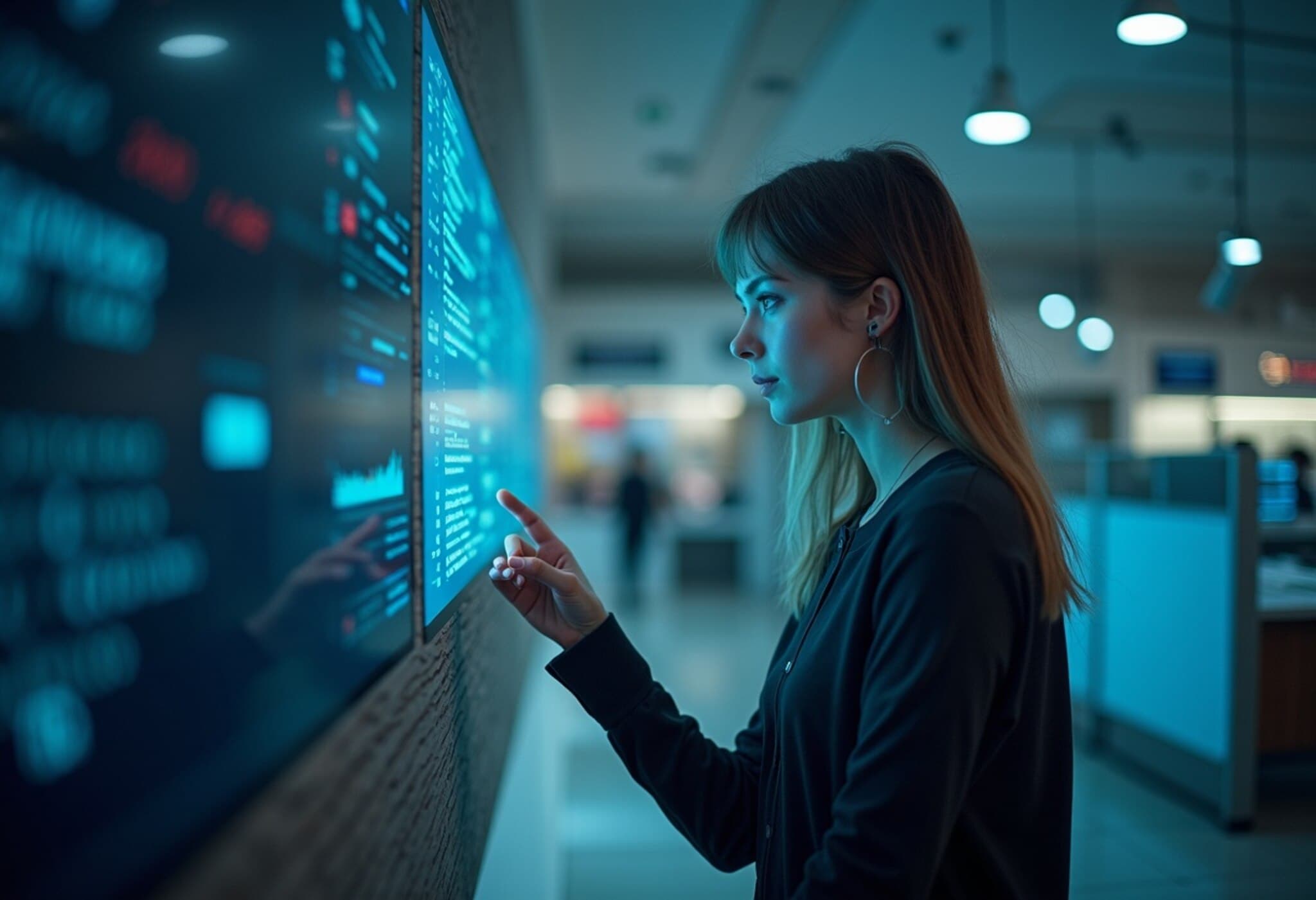AI’s Profound Impact on the Advertising World
Artificial intelligence (AI) is no longer a futuristic concept—it's actively reshaping the advertising industry, sparking both excitement and concern among industry leaders and investors alike. The rapid advancement of generative AI tools threatens to transform traditional content creation, forcing agencies to rethink their entire approach.
Industry Leaders Speak Out on AI Disruption
Mark Read, the outgoing CEO of a leading British advertising conglomerate, described AI’s influence as "unnerving investors across every sector," emphasizing that it is fundamentally disrupting the advertising business. In his first interview since announcing his departure, Read underscored how AI-powered platforms are democratizing access to expert knowledge, drastically lowering costs and boosting efficiency.
He explains, "AI will make all the world’s expertise—be it legal, medical, psychological, or marketing—accessible to everyone, often augmenting or even replacing human roles with AI-driven alternatives." Currently, about 50,000 employees at his company use their proprietary AI marketing platform, branding it as one of his most significant legacies.
From Creativity to Campaign Optimization: Embracing AI
Read highlights a seismic shift in how advertising content is produced and optimized through AI—from drafting creative briefs and planning media, to fine-tuning campaigns in real time. This ongoing transformation has prompted consolidation within the industry, as firms adapt to maintain competitive advantage.
Industry-Wide Changes: A “Huge Transformation”
Echoing Read’s perspective, Maurice Levy, CEO of a major French advertising powerhouse, describes AI as driving a "huge transformation" in the sector. Advanced AI tools now accelerate image and video content creation and enable unprecedented personalization at scale through automated messaging systems.
Yet, Levy is cautious to frame AI as a facilitative tool rather than a replacement for human ingenuity. He acknowledges potential job displacement but remains optimistic about AI’s net effect on employment. "While AI may eliminate certain roles, it will also transform and create many new jobs, much like past technological breakthroughs such as the internet and smartphones.
"Increased autonomy in work processes is an inevitable outcome," Levy adds, highlighting the evolution rather than obsolescence of the workforce.
Consumer Sentiment and Ethical Considerations
Despite the promising benefits, experts emphasize the need for a careful balance. Nicole Denman Greene, a technology analyst, warns that brands risk alienating consumers if AI’s creative contributions overshadow human roles. According to recent research, 82% of consumers expect companies to prioritize preserving human employment, even at the expense of profits.
Greene advocates a strategic pivot: "Focus not on what AI can do, but what it should do. AI should be leveraged to uncover groundbreaking insights, craft unique campaigns targeting diverse and niche audiences, push creative boundaries, and deliver highly personalized, relevant brand experiences." This approach would harness AI’s strengths without compromising authenticity or human touch.
The Road Ahead: Integrating AI Into Advertising’s Future
As AI technologies continue to evolve, the advertising landscape stands at a critical crossroads. Embracing AI-driven tools offers immense potential to revolutionize creativity and efficiency, but demands thoughtful implementation that respects consumer sensibilities and values human creativity.
In this dynamic era, advertising leaders must continue adapting strategies, fostering innovation, and balancing technology with the human element to thrive in a rapidly changing environment.

